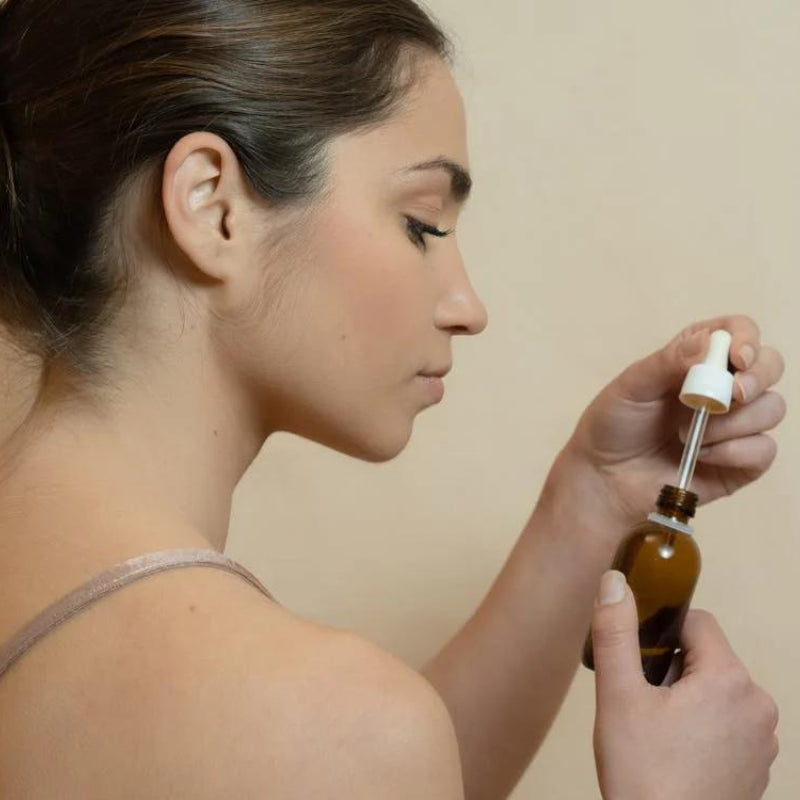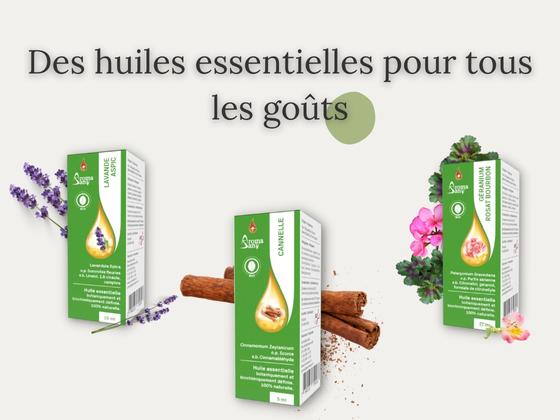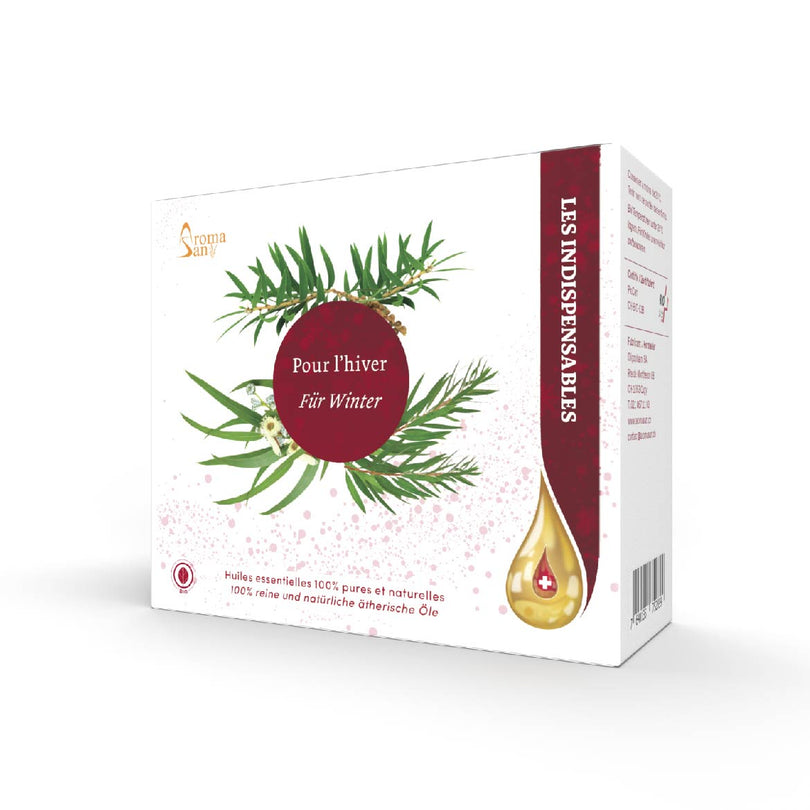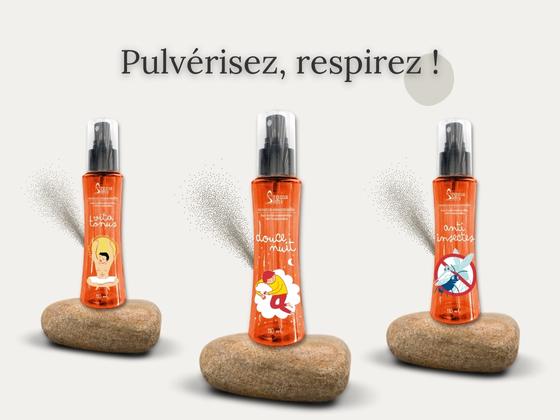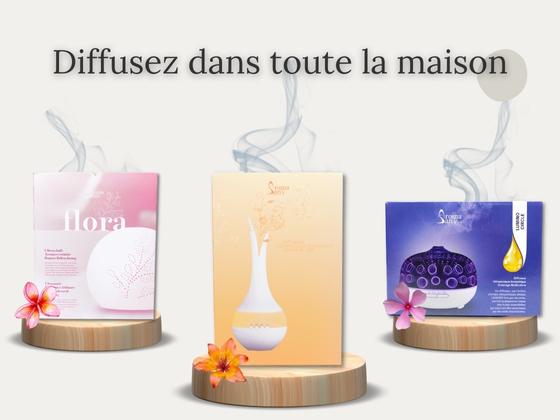FAQs
Frequently asked questions
No. The distillation of aromatic plants is generally done directly in the growing country. In addition, to obtain an essential oil, you often need a very large quantity of fresh plants and it is difficult to import them while maintaining this freshness. Most distilled species do not grow in Switzerland because the
climate is not suitable for this.
Yes. We are one of the few
laboratories in Switzerland to carry out physical and chemical analyzes on essential oils before putting them on the market. Physical analyzes include refractive index, density and rotational power. These guarantee the integrity of the essential oil in question and allow us to ensure that there is no adulteration. Chemical analyses, such as the gas chromatography that we carry out, make it possible to ensure the quality of the essential oil due to its composition. The results of all these tests are transcribed on the certificate of analysis available on our website for each of the batches marketed.
We try, as far as possible
possible, to find organic essential oils. But unfortunately this is not always
feasible, for various reasons. First of all, organic cultivation is more fragile than conventional cultivation. To ensure sufficient quality of our essential oils, it may happen that a conventional product is chosen instead of an organic product. It is also possible that in certain years the climate was less clement and thus disadvantaged the organic cultivation of species. Another reason is that certain species are not or cannot be cultivated, such as the Siberian fir. Being wild species, not from agriculture, it is not possible to label them as organic products. And finally, the fragility and the large quantity required of certain plants to obtain an essential oil do not allow organic farming.
Swiss legislation prohibits us from giving therapeutic advice in any form whatsoever regarding essential oils. Given the variety of products as well as the quantity of possible indications for the same essential oil, advice is reserved for health professionals. The same way as for medicines.
Over time, Switzerland is gradually aligning itself with European legislation in terms of chemicals, therapeutic products and food supplements. This often takes time and being independent of the European Union, there may be decisions that remain specific to Switzerland.
Essential oils, being rich in various active substances and having powerful therapeutic actions, can be risky if used incorrectly. Swiss legislation has therefore decided to categorize them as basic chemical products, whether our products or those of other brands. However, within pharmacies and drugstores, with the advice of health professionals, they will then be able to
be considered therapeutic products.
You should definitely not throw away the oils
essential items gone in the trash or down the sink. Just like medicines, they can cause damage to the environment. In general, municipal recycling centers collect chemicals. Some pharmacies or drugstores can also collect them and will then send them to specialized structures for safe disposal.
As with therapeutic advice, Swiss legislation does not authorize us to advertise pure essential oils.
Depending on the producers and the market, we sometimes do not obtain the essential oils we are looking for. The cultivation of different aromatic plants can be long and is dependent
of the climate. Quality being essential for us for the sale of our products, if a product ordered does not meet specific criteria, it will not be accepted. It is sometimes necessary to wait for the next crop or to look for another producer to obtain an oil that scrupulously meets all the quality criteria sought. This can significantly extend the time before the product can be put back on the market.
No ! Our companies are small family companies made up of around twenty employees, some of whom have been sharing the company adventure for more than 20 years and a large number for more than 10 years.
